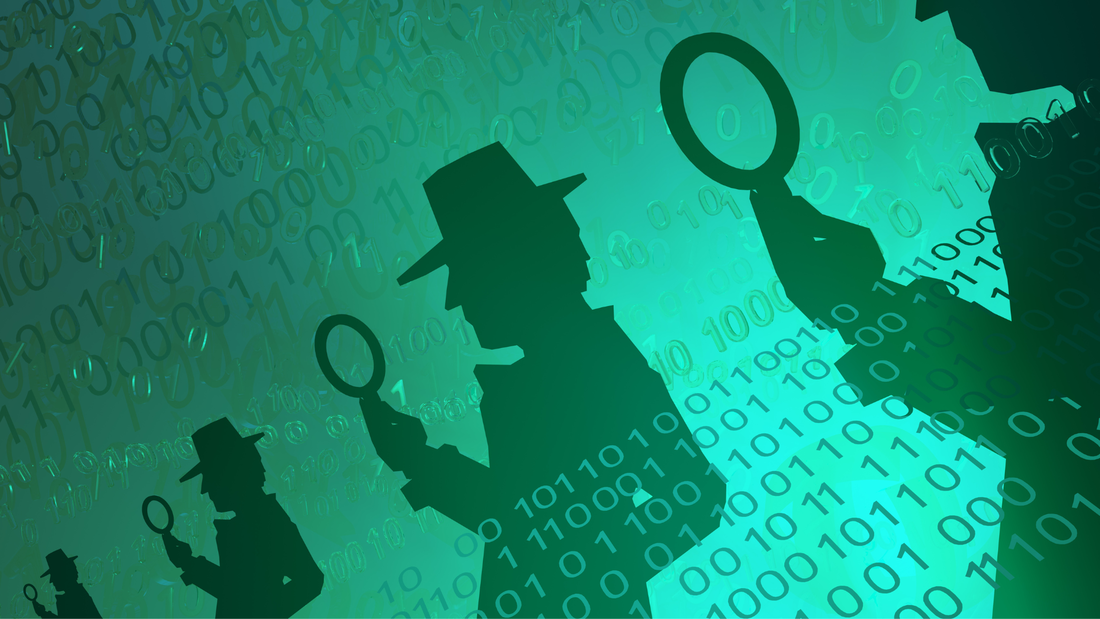PCLOB Board Member: Section 702 Domestic Searches of Americans of “Minimal to Negligible” Value3/7/2023
Travis LeBlanc, board member of the U.S. Privacy and Civil Liberties Oversight Board (PCLOB), takes his position as a privacy watchdog seriously. Until the appointment of Sharon Bradford Franklin as PCLOB Chair, LeBlanc was the lone voice of public criticism and questioning of the largely secret activities of the intelligence community.
Expectations for PCLOB have long been low. A report on a surveillance authority, Executive Order 12333, was six years in the making. The public-facing version turned out to be a high school-level paper that seemed written out of Wikipedia. In June 2021, LeBlanc went public with his dissatisfaction with PCLOB’s timidity to explore contentious issues, such as 12333 and a program called XKEYSCORE that allows the NSA to sweep the global internet. PCLOB of late has been showing its colors as an independent agency. It has long examined Section 702 of the Foreign Intelligence Surveillance Act, which allows intelligence agencies to carry out warrantless data collection. In recent years, there has been mounting evidence that the FBI has used Section 702 data as a “backdoor search” tool to warrantlessly locate information about Americans. The Office of the Director of National Intelligence has reported that the FBI has conducted up to 3.4 million searches for U.S. persons in the body of 702 data. On Monday, LeBlanc appeared at the State of the Net Conference in Washington, reported by cyberscoop.com. “We have a large number of compliance issues that we’ve seen over the years and the compliance issues particularly around U.S. person queries are quite significant,” LeBlanc said, expressing concern about Congress renewing this authority without serious reforms. He suggested Congress should consider adding a warrant process for searches of Americans. Most interesting of all, LeBlanc said there are “minimal to negligible examples of the value” of these domestic searches. His statement rebuts the claim in January by Gen. Paul Nakasone, who heads the U.S. Cybercommand, who appeared before PCLOB in a public event to discuss many foreign threats that he said had been detected and neutralized because of Section 702. LeBlanc’s statement adds some missing context to the general’s characterization on the domestic uses of this program. It seems on the domestic side to be all violation and no value, at least from a national security standpoint. At that same January event, Cindy Cohn of the Electronic Frontier Foundation: “I think we have to be honest at this point that the U.S. has de facto created a national security exception to the U.S. Constitution.” LeBlanc’s statement on Monday seems to add – “and for what?” Comments are closed.
|
Categories
All
|


 RSS Feed
RSS Feed